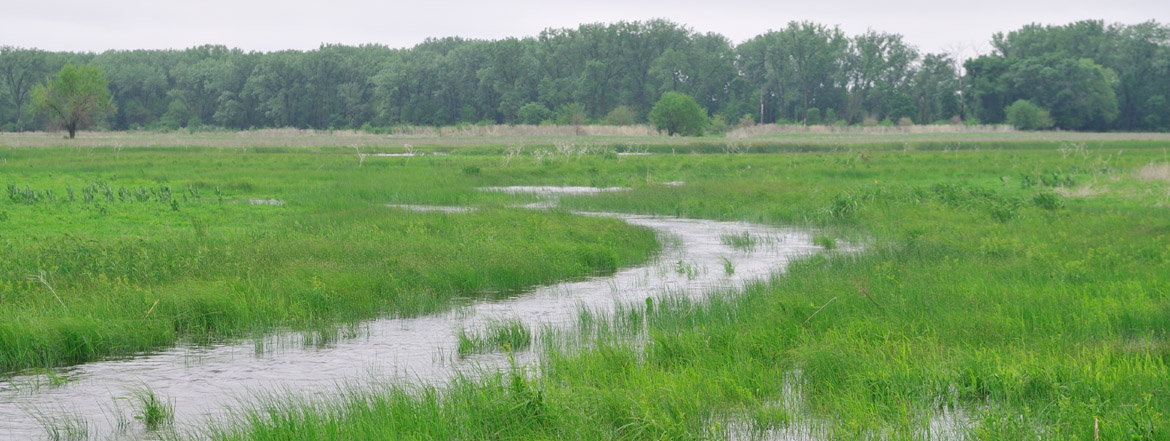By Thabani Zwelibanzi
Harare City Council says it spending $40 million per month on water treatment chemicals, but it is certain that this figure could be much lower if the capital’s wetlands were protected.
In a speech read on his behalf, Harare mayor, Herbert Gomba described wetlands as a “natural recycling system”, saying there was need to protect these water bodies to preserve the city’s water systems.
“Human activities on wetlands are detrimental to water sources,” he told a meeting of editors in Harare on Friday.
“We are spending $40 million monthly on water purification chemicals, but we could be spending less if we protected wetlands.”
In an effort to preserve wetlands, the mayor said the City of Harare had moved in to stop all illegal developments in the city.
In addition, he said the council had not approved new developments in the city.
But while the local authority is moving in to stop developments, the city council is worried that political players are fuelling development on wetlands.
A council official said illegal developments were usually fuelled by politicians in search of votes.
The council official said Harare had witnessed an unprecedented number of land invasions ahead of the 2013 elections, as politicians parcelled out land in search of votes.
There was also a discernible number of land invasions ahead of the 2018 elections, but not as much as the polls five years prior, the official revealed.
Land developments on wetlands is a contentious issue in Harare.
On Monday, the Supreme Court is set to hear a land developer’s appeal after an Administrative Court judge blocked the construction of 121 cluster houses at the Monavale Vlei.
The City of Harare had granted the developer permission to build on the wetland despite Monavale Vlei being a protected area under the international Ramsar Convention — a treaty for conservation and sustainable use of wetlands — to which the country has been a signatory since 2011.
The Zimbabwe Lawyers for Human Rights said it is handling more than 20 court cases in relation to development of wetlands.
Zimbabwe is in the throes of its worst drought in generations, which has seen Harare, Bulawayo and other cities failing to provide clean water to their residents.
One of Harare’s major supply dams, Lake Chivero usually spills at this time of the year, but it has not done so in more than three years, raising the spectre of severe water shortages in the capital.

